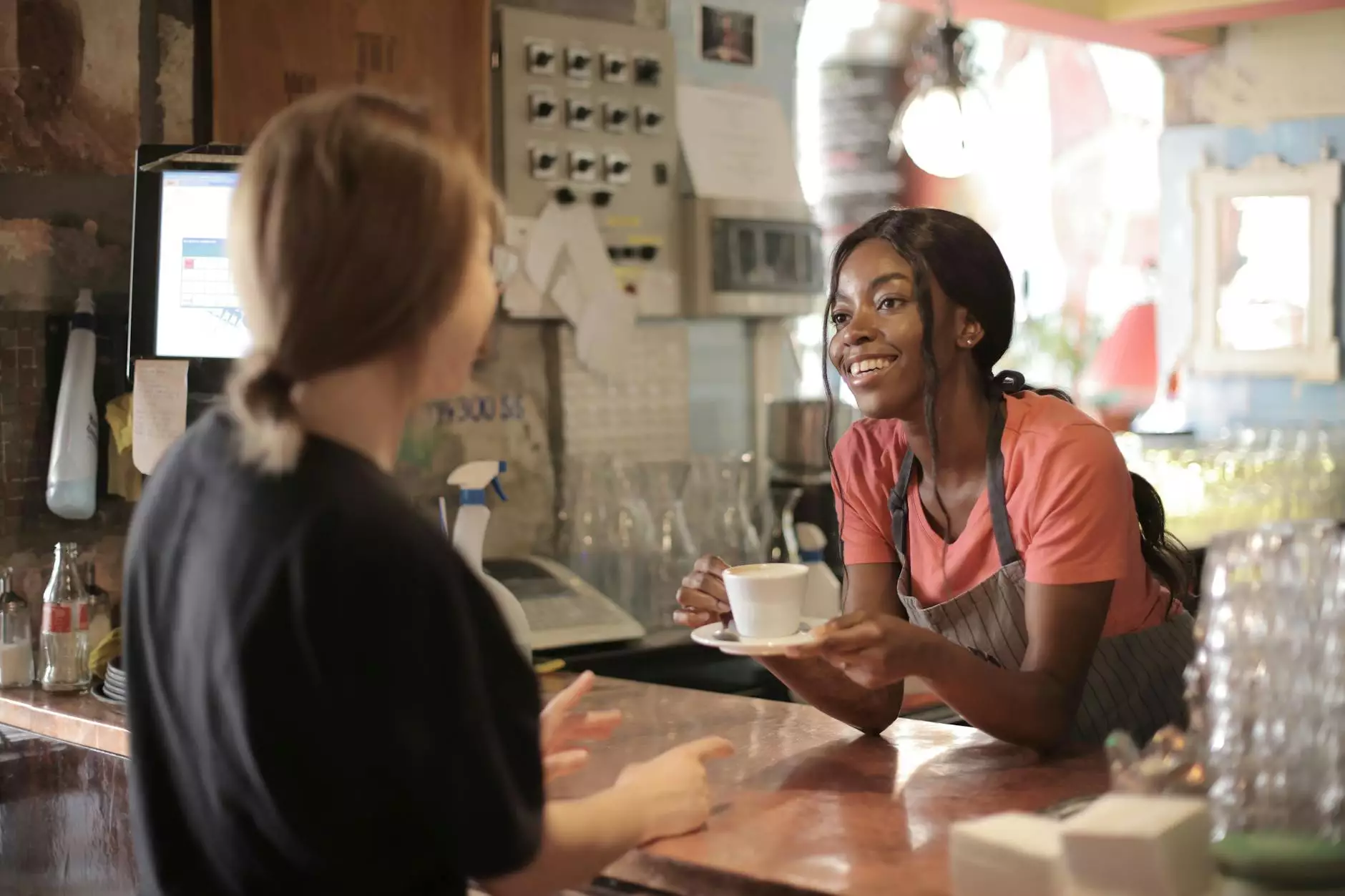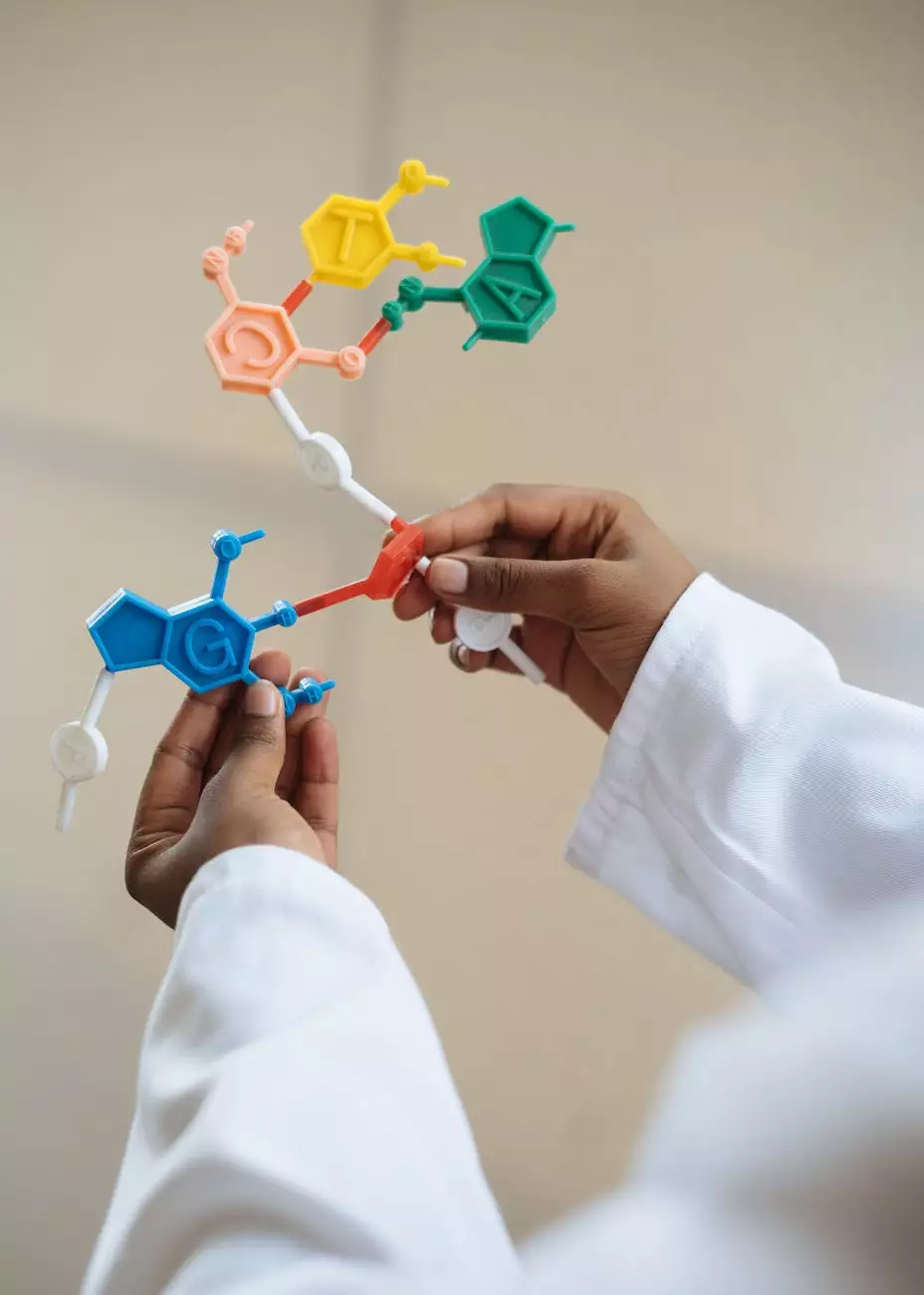Dear Doula Tired of Sterilizing Bottles & Breast Pump Parts

As a trusted partner of Home Postpartum Services, we understand the challenges and exhausting routine of sterilizing bottles and breast pump parts. We know that this task is time-consuming and demanding for doulas like yourself. That's why we have created this comprehensive guide to help you streamline your sterilization process, allowing you to focus on providing the best care for your clients without feeling overwhelmed.
The Importance of Sterilization in Postpartum Care
Postpartum care is a critical time in a mother's life and maintaining cleanliness and hygiene is of utmost importance. Sterilizing bottles and breast pump parts guarantees that any potential harmful bacteria or germs are eliminated, reducing the risk of infections for the newborn and the mother. By understanding the significance of sterilization, you are ensuring the safety and well-being of both the mother and the baby.
Effective Sterilization Techniques
Sterilizing bottles and breast pump parts doesn't have to be an arduous task. Implementing efficient techniques and using suitable equipment can significantly ease the process. Here are some tried-and-tested approaches that can help you simplify sterilization:
- Boiling Method: Simplicity at its best! Boil all items in a large pot for a minimum of 5 minutes. Ensure they are fully submerged and that the water reaches a rolling boil. Remove and allow the items to air-dry on a clean towel.
- Steam Sterilization: Invest in a quality sterilizer that uses steam to kill off bacteria and germs effectively. This method is extremely time-saving and efficient, allowing you to sterilize multiple items simultaneously.
- Microwave Sterilization: For quick sterilization, microwave steam sterilizer bags are a great option. Place the items inside the bag, add water, and follow the instructions provided. Once done, allow the items to cool and dry before use.
- Chemical Solutions: Some doulas prefer using chemical sterilizers. Be sure to choose a solution that is safe for both the baby and the environment, following the provided instructions carefully.
Top Tips and Tricks for Efficient Sterilization
Here are some additional tips to optimize your sterilization process and make it more manageable:
- Preparation: Set up a designated sterilization area with all the necessary supplies within easy reach. Ensure all items are disassembled before sterilization for thorough cleaning.
- Timing: Plan your sterilization routine at a time when you can pay full attention to the process without interruptions. Avoid rushing and allow enough time for the items to cool down before use.
- Organization: Use separate containers or bags to store sterilized items, ensuring they remain clean until needed. Label them with dates for easy identification.
- Regular Cleaning: Keeping your sterilization equipment clean is vital. Follow the manufacturer's instructions for regular maintenance and ensure proper hygiene to avoid any cross-contamination.
- Education: Educate the new parents on sterilization best practices and provide them with resources and guides to help them understand the importance of maintaining a clean feeding environment for their baby.
Support and Resources for Doulas
At Home Postpartum Services, we are committed to supporting doulas like yourself. We understand the challenges you face and are here to help you overcome them. Feel free to explore our website for additional resources, guides, and a supportive community that can provide valuable insights and tips to enhance your doula practice.
In conclusion, sterilizing bottles and breast pump parts is a crucial aspect of postpartum care. By implementing effective techniques and adopting smart sterilization practices, you can streamline the process and alleviate the burden it poses on your day-to-day routine. Remember, Home Postpartum Services is here to provide you with support, guidance, and valuable resources to help you excel in your role as a doula. Together, we can create a safe and healthy environment for the mothers and babies under our care.










